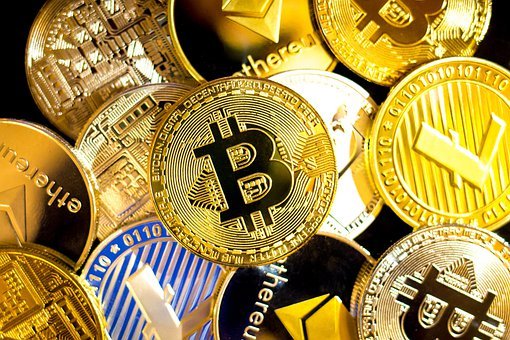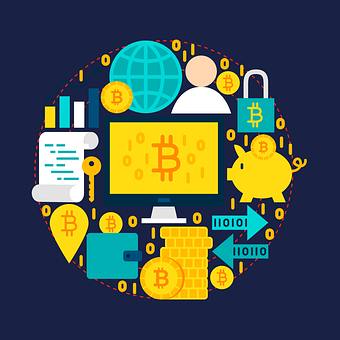DIGITAL CURRENCY
The country’s government would accept digital currency, which is a sort of electronic money. It is different from your notes in that it can only be seen on a computer and does not physically enter your pocket, thus the terms “digital currency” and “virtual currency.” It debuted that year. You will be able to conduct digital currency transactions the same way you make cash transactions. The nation’s Central Bank is the one who issues it. Additionally, it appears on the central bank’s balance sheet for that nation. Its unique selling point is that it can be changed into the nation’s official currency. It is also known as the “Digital Rupee” in India.

Important points of digital currency:
1. This currency can be issued only by the Central Bank of the country. This digital currency will be in two ways, first retail, and second wholesale. Retail digital currency will be used by common citizens and companies, while wholesale digital currency will be used by financial institutions.
2. It will also be included in the balance sheet of the country’s central bank. The special thing about this digital currency will be that it can also be converted into sovereign currency and it will be the digital rupee of India.
3. There is no clear information about the use of digital currency yet. However according to the information received, it is believed that digital currency will be issued by RBI-Bank, after which you will get it.
4. After this, the person you want to pay, pays it with it, and it will reach his account directly. It will not have any kind of wallet and no bank account will be required. It will be used just like cash.
5. The only difference will be that it will work in digital form through technology. It will be an electronic form of cash. Unlike cryptocurrency, the value of the digital currency does not fluctuate in any way, whereas cryptocurrency fluctuates, an example of this is bitcoin.
6. You get to see many fluctuations in the value of Bitcoin. The digital currency is issued by the central government of the country, the same cryptocurrency uses blockchain technology.
7. Digital currency does not require encryption but requires all users to secure their digital wallets and banking apps with strong passwords and biometric authentication to reduce the chances of hacking and theft. The same applies to debit and credit cards, which are used to transact in digital currency


